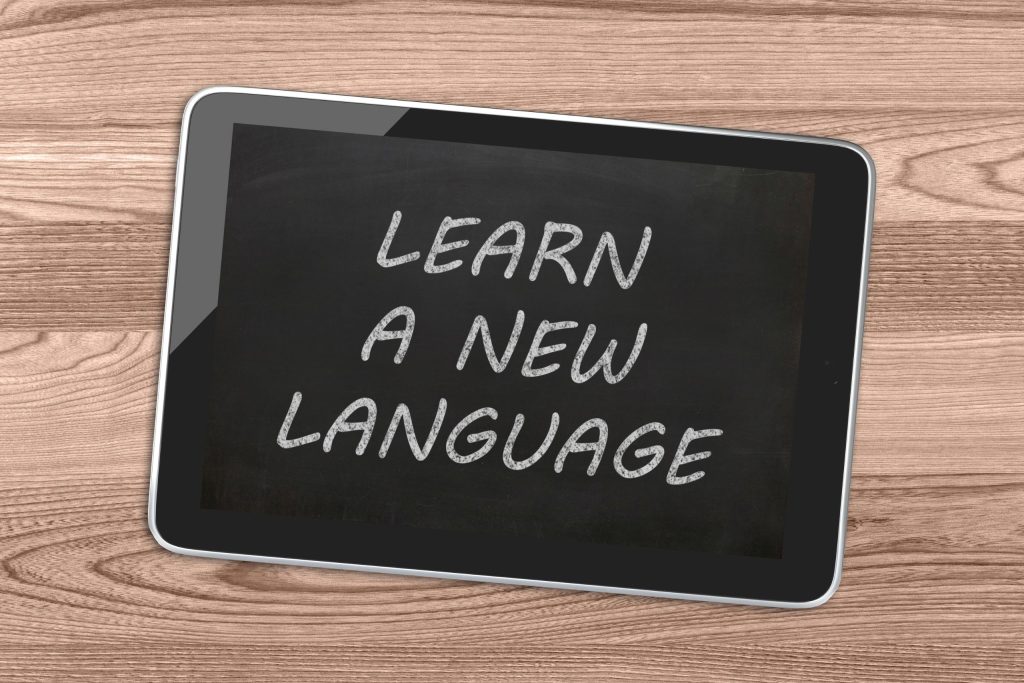While French, Spanish, and Mandarin may dominate most discussions regarding learning a second language, there is an under-appreciated gem that holds unique advantages: Indonesian. So, why learn Indonesian? There are many reasons, from its linguistic simplicity to the country’s cultural richness and the potential career opportunities it presents. This post will delve into the reasons and benefits of learning Indonesian, a task that is surprisingly accessible, as we’ll also discuss how Indonesian can be easier to understand than many might assume.
Linguistic Simplicity: Is Indonesian Easy to Learn?
Is Indonesian easy to learn? Compared to Mandarin, Arabic, or Russian languages, Indonesian presents a more approachable learning curve. This ease aspect is a compelling reason one might choose to learn Indonesian.
Firstly, Indonesian uses the Latin script, which relieves English speakers who might struggle with non-Latin scripts like Arabic or Chinese. Secondly, Indonesian grammar is relatively straightforward, lacking tenses, genders, and plural forms that often pose challenges in other languages. For instance, “I read a book” and “I read books” are both “Saya membaca buku” in Indonesian, demonstrating its structural simplicity.
Furthermore, Indonesian is phonetic, meaning words are pronounced as they are written. This aspect significantly simplifies pronunciation and spelling. Lastly, the vocabulary often borrows words from familiar languages such as Dutch, Arabic, English, and Portuguese, making the learning process intuitive.
Unfolding Cultural Tapestries
Beyond its linguistic simplicity, another reason to learn Indonesian lies in the rich cultural tapestry it unveils. Indonesia is a diverse archipelago with over 17,000 islands, each with unique traditions, cuisine, and arts. Learning the language provides an in-depth understanding of this multicultural nation, from the religious ceremonies of Bali to the traditional dances of Aceh.
Through your language learning journey, you will uncover traditional art forms like batik and gamelan, delve into Indonesian cuisine’s spicy and flavorsome world, and appreciate the multifaceted historical narratives spanning from ancient Hindu-Buddhist kingdoms to Dutch colonial rule and its modern dynamic democracy. In essence, to learn Indonesian is to expand your worldview and gain profound insights into a vibrant and distinct part of the world.
Professional Opportunities
In an age where careers no longer know geographical bounds, multilingual is a definite plus, and Indonesian is no exception. With over 270 million people, Indonesia boasts the fourth-largest population globally and is Southeast Asia’s largest economy. Its expanding sectors, such as technology, tourism, and e-commerce, present many opportunities.
Learning Indonesian can enhance your employability, especially with companies having a presence in or dealing with Southeast Asia. Your language skills can make you valuable, facilitating communication with Indonesian clients, partners, or even team members.
A Gateway to Southeast Asia
Indonesia is pivotal in ASEAN (Association of Southeast Asian Nations), a geopolitical and economic organization of ten Southeast Asian countries. As a common language within this community, Indonesian can serve as a gateway to understanding Southeast Asia’s dynamic cultural, political, and economic landscape.
Thriving Economic and Career Opportunities
Learning Indonesian can open doors to new career opportunities, as Indonesia is Southeast Asia’s largest economy and a member of the G20. The country’s thriving sectors include manufacturing, agriculture, mining, and tourism, each presenting opportunities for international collaboration.
Furthermore, with the rise of the digital economy in Indonesia, there is increasing demand for expertise in fields like IT, digital marketing, and e-commerce. Proficiency in Indonesian can provide a competitive edge if you’re considering a career in these sectors. For multinational corporations seeking to expand in the Southeast Asian market, employees with Indonesian language skills are highly valued.
Enriching Personal Relationships
On a personal level, learning Indonesian can lead to meaningful connections and enriched relationships. With over 270 million inhabitants, Indonesia is the world’s fourth most populous nation, implying a vast community you can communicate with. The country is also renowned for its hospitality. Indonesians are often excited and appreciative when foreigners try to learn their language.
Learning Indonesian will enable deeper engagement with local communities when you travel and foster connections in multicultural urban settings globally, where you might encounter the Indonesian diaspora. Thus, your Indonesian language skills can be a bridge, fostering understanding, friendship, and potential business partnerships.
Engaging with ASEAN and Global Affairs
Learning Indonesian offers a fascinating perspective for those interested in politics and global affairs. As the largest country in the Association of Southeast Asian Nations (ASEAN), Indonesia plays a crucial role in regional politics. Understanding the language allows for an in-depth comprehension of the nation’s policies and perspectives, which often carry significant weight in ASEAN’s collective stance.
Moreover, Indonesia’s geostrategic position and status as the world’s largest Muslim-majority nation provide unique lenses to understand global issues like climate change, interfaith dialogue, and maritime security.
Conclusion: Why Learn Indonesian: Reason and Benefits
In conclusion, the reasons to learn Indonesian are compelling and diverse, ranging from its linguistic simplicity to its cultural richness and the unique career and personal opportunities it presents. This journey is more than just adding another language to your repertoire – it’s an adventure into a vibrant culture, a thriving economy, and a valuable perspective on global affairs.
You’ll gain more than a new language by choosing to learn Indonesian. You’ll gain an enriching cultural understanding, potential career opportunities, deeper personal relationships, and a more nuanced perspective on global issues. The question is not “Why learn Indonesian?” but rather “Why not learn Indonesian?” So, embark on this enriching journey today and start reaping the manifold benefits.


